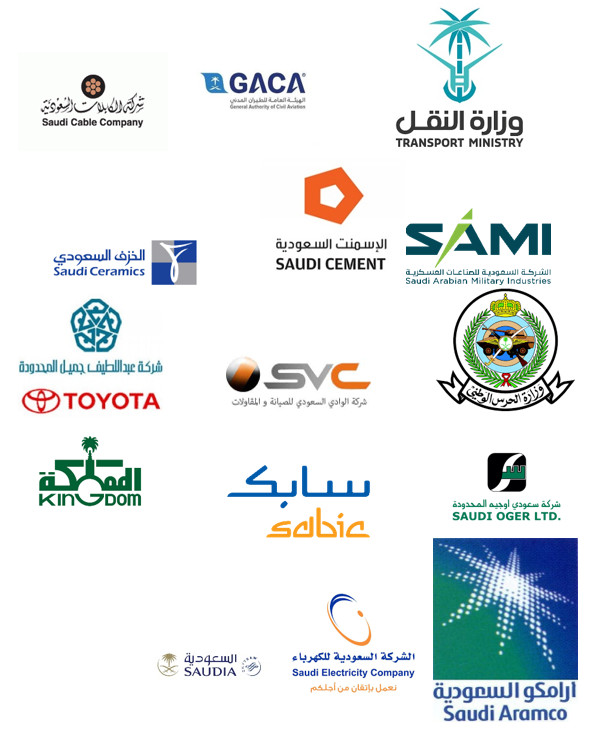Mechanical engineering is the most diverse field of engineering, as it includes many sub-fields that affect all aspects of contemporary life. Mechanical engineering is the science and art of formulating, designing, developing and controlling mechanical systems and components and converting energy into a useful product. Mechanical engineers - who are concerned with the technical, economic and human aspects of designing and using their products - work to develop promising new machines, products and processes, thus providing a better life for people all over the globe.


There are four main functions of a mechanical engineer, which are common to all branches of mechanical engineering:
The first job is to understand and comprehend the basic principles of mechanical science, which include dynamics (which is the relationship between forces and motion, such as vibrations, and mechanical control), and thermodynamics (deals with the relationships between different forms of heat, energy, power, fluid flow, lubrication and lubrication, and properties of materials )


The second job is the series of research, design and development, and this job tries to bring about the necessary changes to meet the needs of the present and the future, and this work requires a clear understanding of mechanical sciences, the ability to analyze complex systems into simple elements, and innovation in authorship and invention
The third job is the production of products, and includes planning, operation and maintenance, and the goal is to produce the greatest value at the lowest cost, and the least investment of funds, while maintaining or enhancing the sustainability or standing of the company
The fourth job is an important job for a mechanical engineer and includes management, and sometimes marketing
The fields of mechanical engineering are many and varied, and in the Department of Mechanical Engineering at the College of Engineering in Wadi Al-Dawasir, advanced specialized studies for the degree of "Bachelor of Mechanical Engineering" include the following majors:
- Design and manufacturing
- Materials engineering
- mechatronics
- Thermal and fluid engineering sciences
- Non-destructive tests
Engineering Design and Manufacturing
The most comprehensive and expansive engineering discipline, because it is based mainly on different engineering foundations than all other disciplines, mainly aiming at producing and designing mechanical systems, and developing and improving them in production, service and control



Materials engineering
The Materials Engineering major is one of the modern and developed disciplines that prepares the engineer to deal with a wide range of metals and engineering materials, using modern technologies in the fields of industry, production, scientific research and materials development centers



Mechatronics
A branch specialized in control engineering, which is a specialty that aims to link mechanical engineering, electrical engineering, computer engineering, electronics engineering, and measurement, and is developing amazingly from day to day. Part of this field of engineering includes the design of any product whose work depends on the integration of mechanical, computer and electronic systems for measurement and automatic control, such as a robot



Thermal and fluid engineering sciences
Thermal and fluid engineering is one of the majors in mechanical engineering (power mechanics engineering), and it is concerned with studying energy transmission and understanding its implications and how to benefit from it in engineering discoveries and industrial energy applications. It includes many fields and applications such as refrigeration and air conditioning, thermal machines, engines, turbines, internal combustion engines, power stations, energy sources and conversions, and heat exchangers. The department qualifies its graduates to design, operate and maintain the devices and equipment of these systems




Non-destructive tests
One of the most advanced specializations due to the urgent need for it in all industrial fields. The objective of non-destructive testing (NDT) is to detect defects in materials in general or welding in particular without causing damage to them during or in the future. Non-destructive testing is used on a very large scale in many industrial fields that require conditions and specifications that meet quality levels. Non-destructive tests are used according to the applicable specifications in international standards



Career opportunities
The mechanical engineer is considered one of the basic engineers in any of the production factories or even small and large manufacturing workshops alike. (oil and gas industries, petrochemical industries, manufacturing factories, spinning and weaving factories, fertilizer and cement factories, power generation stations, maintenance and manufacturing workshops for various factories, small and large public and private manufacturing and programmed design workshops, plastic industries factories, Mechanical engineering design offices, which are concerned, for example, with the design of elevators, the completion of studies for land transport mechanisms, and the design of metal structures through modern design programs
